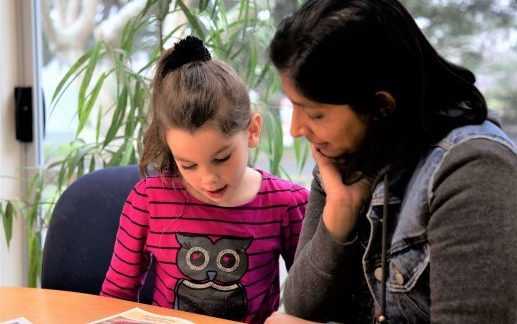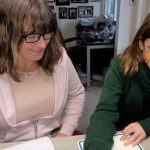50 Years Breaking Barriers
In an ideal world, SPELD NZ would be redundant by now; New Zealand’s education system would have the capacity to provide the support that children with specific learning disabilities (SLD) need to learn and thrive. In reality, SPELD NZ has never been busier.
SPELD NZ’s journey began in Christchurch in 1971 – a time when schools were ill equipped to help failing children and there was very little understanding of specific learning disabilities. Certainly, there were no official directives. Through a notice in the local newspaper, parents, educators and other relevant experts were invited to a public meeting. More than 500 people attended, and they were eager for action.
Ultimately the Dyslexia Association of NZ, later to become SPELD, was formed. The aim was to provide immediate assistance for both children and adults and to try to convince the Department of Education that it had a responsibility to serve those students.

Over the last 50 years, SPELD NZ support has transformed thousands of lives. And in innumerable meetings, workshops, seminars and conferences, SPELD NZ has been joined by a cavalcade of other educationists, psychologists and officials analysing the issues, comparing ideologies and engaging in passionate debate as advocates for those in their care. They have lobbied governments, educators and decision makers, agitating for change on multiple levels. Change has been hard fought and often slow. But a steady groundswell has taken place, and helpful resources and supportive communities are far easier to come by. The science of literacy has been honed and many educators are hungry for evidence-based knowledge. SPELD NZ believes teachers in New Zealand, as in many parts of the world, are still not well prepared for the teaching of literacy. A greater emphasis on decoding and encoding skills would be enormously beneficial for all learners, but particularly those with dyslexia.
Other dilemmas remain for SPELD NZ: How to meet the exponential growth in demand for assessment and tuition that has come with increased awareness, and how to provide support for those unable to afford it. SPELD NZ is constantly fundraising to subsidise its services for those in financial hardship, but many still have no chance of accessing user-pays literacy support beyond the classroom. This is an inequitable situation and creates distress for families.
SPELD NZ is proud to reflect on 50 years at the coalface, breaking down barriers and breaching the gap for struggling learners. We owe so much to the incredible resilience and compassion of our teachers, assessors and kaiārahi (learning leaders). Their commitment to our kaupapa/principles is the reason we can celebrate how far we have come.
Ehara tāku toa i te toa takitahi, engari he toa takitini – What has been achieved is not by the work of one, but of many.
Kei te rāhiritia koutou e mātou – We appreciate you all.






